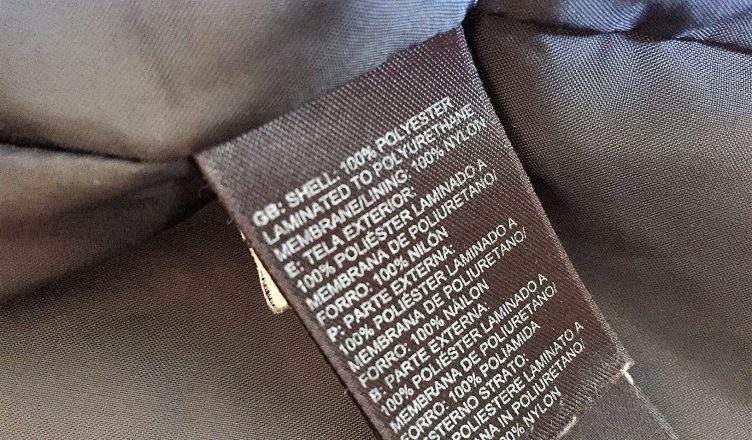Synthetic garments made from materials such as polyester may be awesome for exploring the great outdoors but researchers are now worried that the tiny fibers woven into your garment may mean more pollution for our oceans. Microfibers, similar to microplastics, are little bits of fabric that come from your clothes and may contain not so pleasant chemicals designed to repel stains and water. But how do these microfibers enter our oceans? Laundry wastewater is the main route. A group of students at the University of California measured the amount of microfibers that can be released from garments during a wash cycle. One garment during one wash cycle may release up to 2 g of microfibers, meaning for every 100,000 garments or wash cycles, up to 3.9 kg of these non-biodegradable fibers are released in our wastewater.
What can you do?
- Stay active and comfortable in clothes made out of natural fibers, such as wool. Wool is an amazing fiber that provides the wearer with unparalleled warmth, great sweat wicking abilities and, bonus, it’s stink free!
- Buy higher quality clothing and use it longer. Cheap fleece sweatshirts will shed more significantly over its lifespan than a high-quality product.
- Wash your clothes less often!
- Use a fiber filter like the Guppy Friend Bag when washing your clothes. Patagonia, aware of the issue their fleeces might cause to the environment, will sell this bag in the coming week.






